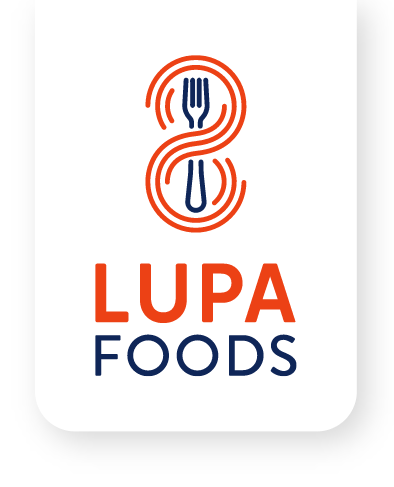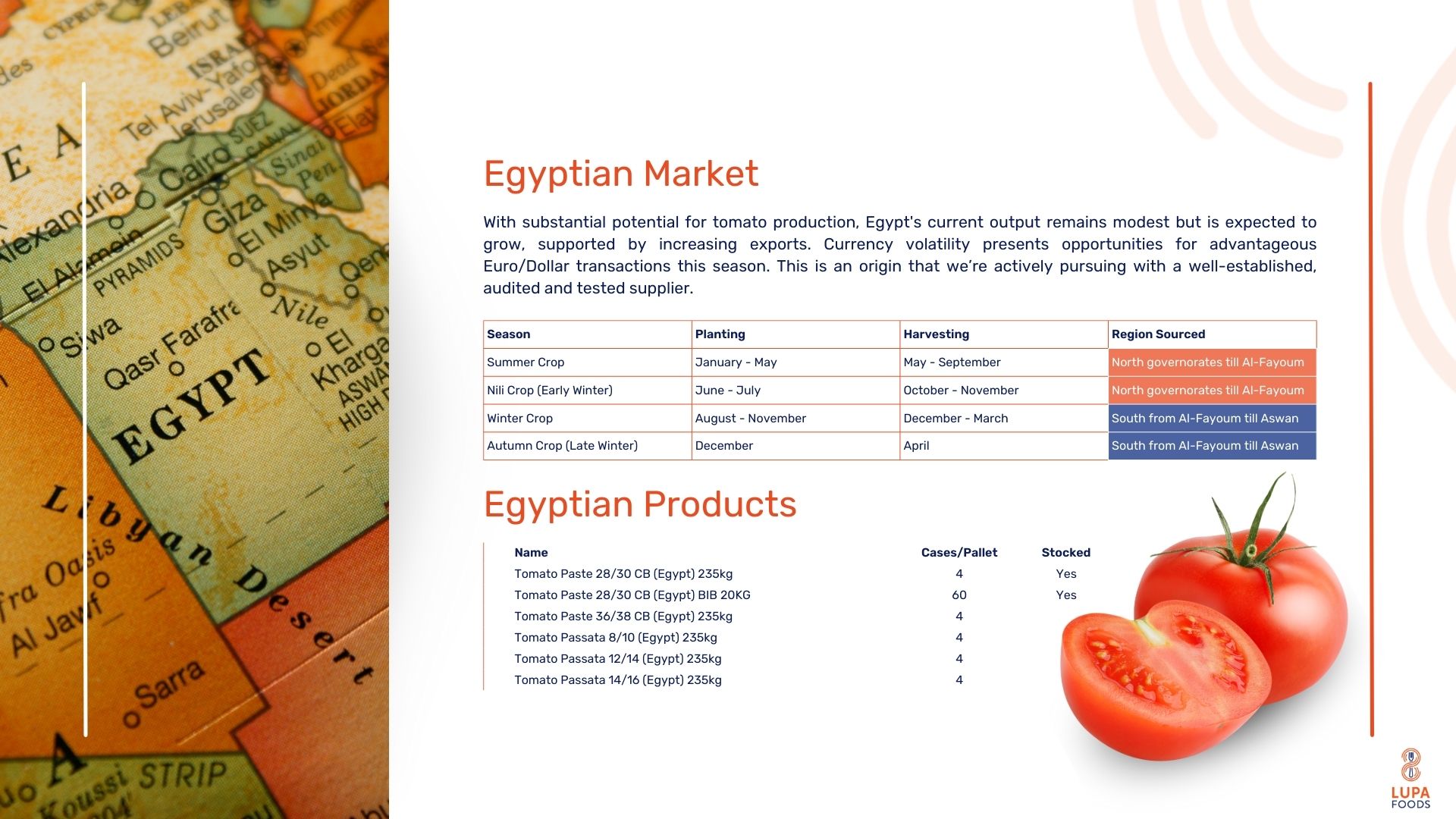The global tomato market has witnessed unprecedented volatility and price levels over the past three years, diverging significantly from the previous decade’s trends. This volatility highlights the importance of global events affecting all tomato-producing regions, influencing the overall market supply and demand dynamics.
Tomatonews highlights the price evolution from the three main global producers in the downloadable PDF.
European Markets
Italy:
In response to increased market demand, Italy is expanding its planting area once again. Despite a 5% increase in 2023, adverse conditions challenged the harvest, particularly in the south. Italy’s significant processing capacity keeps it as a key player on the global stage.
Spain:
Negotiations over raw material prices concluded in February, predicting stable costs compared to the previous year. The decisive factors influencing costs include energy prices, and reductions in transport and packaging.
Portugal:
Similar to Spain but the benefits from a more favourable climate due to coastal proximity, seeing slight improvements in forecasts compared to last year.
Greece:
Forecasts for 2024 predict a 23% production increase, promising a positive contribution to the market.
Turkey:
Processing outputs are projected to match those of Spain, with lower costs adding appeal. However, duties and tariffs on chopped tomato imports may deter UK buyers.
Egyptian Market
With substantial potential for tomato production, Egypt’s current output remains modest but is expected to grow, supported by increasing exports. Currency volatility presents opportunities for advantageous Euro/Dollar transactions this season. This is an origin that we’re actively pursuing with a well-established, audited and tested supplier.
Chinese Market
There is a notable surge in China’s forecast for processed tomatoes, marking a 40% increase from last year, continuing the upward trend following a 25% output increase previously.
This early announcement, ahead of the planting season in late April, underscores the growing domestic consumption fuelled by the recent increased popularity of the tomato hot pot. On the export front, China maintains a competitive edge with stable, low pricing, exporting 66% of its paste in bulk. This development is set to intensify competition in the global market, influencing growers worldwide.
Ethical Standards Compliance:
The push towards adherence to global ethical standards is gaining momentum, with significant industry players working towards certification. This movement underscores a growing emphasis on sustainable and responsible production practices within the sector.
However, Tomatonews highlights a recent Forbes research article emphasizing the concerns surrounding the use of forced labour in the production of tomato products in Xinjiang, China. It refers to legislative actions in the US and the EU aimed at curbing forced labour in supply chains, including the Uyghur Forced Labour Prevention Act in the US and analogous measures in the EU.
The article also noted allegations that tomato products from Xinjiang is still entering the global Chinese tomato supply chain, underlining the persistent risk. Considering these concerns, Lupa Foods has decided not to engage with this origin at present, prioritizing ethical considerations and due diligence in supply chain management.
Conclusion and Recommendations
The evolving landscape of the processed tomato market underscores the necessity for companies to stay agile, informed, and responsive to global trends and shifts in consumer preferences. Strategic planning and adherence to sustainability standards will be crucial for navigating the challenges and opportunities that lie ahead.
Reach out to discuss your needs for the coming months and how we can assist you with your requirements.





